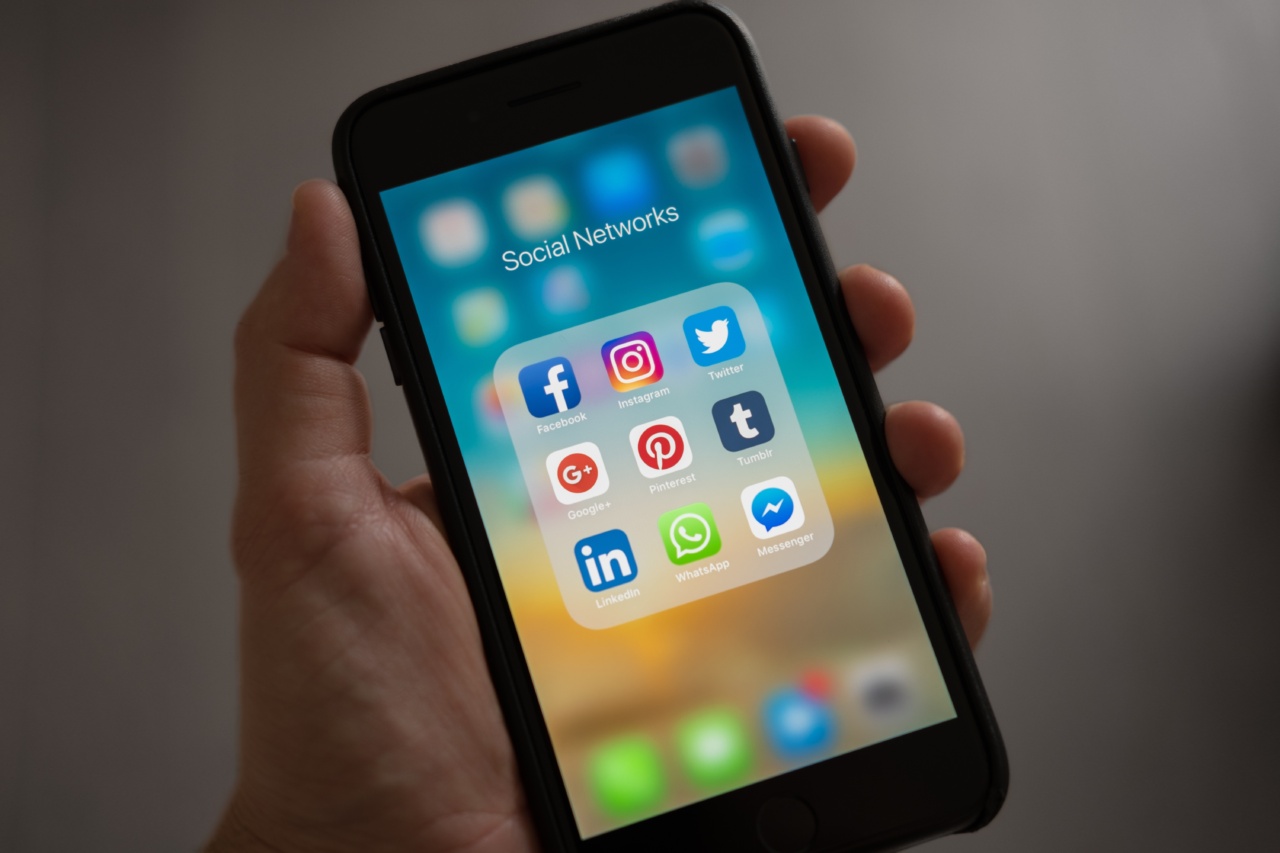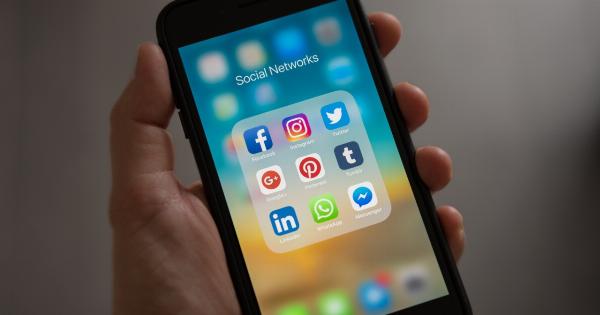Social media has drastically changed the way we communicate, connect, and consume information. With the rise of platforms like Twitter, individuals are now able to express their thoughts and opinions to a global audience.
While this can be empowering, it can also have dangerous consequences.
What is narcissism?
Narcissism is a personality trait characterized by arrogance, grandiosity, and an excessive need for admiration. Narcissists have an inflated sense of self-importance and lack empathy for others.
They often believe they are special and entitled to special treatment.
The link between narcissism and social media
Studies have found a strong correlation between narcissism and social media use.
Research shows that individuals who score high on the Narcissistic Personality Inventory (NPI), a commonly used measure of narcissism, are more likely to engage in social media activities such as posting selfies, seeking attention, and self-promotion.
Furthermore, social media provides a platform for narcissists to seek validation and attention. The instant gratification of “likes” and retweets can fuel their ego and reinforce their sense of self-importance.
The rise of the Twitter narcissist
On Twitter, narcissists can thrive. The platform’s character limit requires users to be concise and to-the-point, ideal for individuals who want to make a statement or stand out.
Twitter also provides a captive audience of followers who the narcissist can impress and manipulate, all from the comfort of their own screen.
Twitter has become a breeding ground for narcissistic behaviors, such as boasting achievements, attacking others, and seeking validation.
Narcissists can use the platform to gain followers, likes, and attention, further fueling their sense of superiority.
The danger of the Twitter narcissist
Narcissistic behavior on Twitter can have dangerous consequences. Twitter has been known to be a platform for hate speech, harassment, and cyberbullying.
Narcissistic individuals may use the platform to attack others, seeking validation and attention for their behavior. This can be especially harmful to vulnerable individuals who may not have the same platform or resources to defend themselves.
The rise of social media has also led to a rise in “cancel culture,” where individuals are publicly shamed and ostracized for expressing opinions or behaviors that are deemed unacceptable.
Narcissists may use this culture to their advantage, using their online persona to draw attention to themselves and their opinions, while attacking others who do not agree with them.
The need for awareness and moderation
It is important to be aware of narcissistic behaviors on social media and to use moderation when engaging on these platforms. While social media can be a powerful tool for communication and self-expression, it can also have negative consequences.
Individuals should be mindful of their online behavior and the impact it may have on others, as well as the potential consequences for their own mental health.
Furthermore, social media companies should be held accountable for ensuring their platforms are safe and free from hate speech and harassment.
This includes enforcing community standards and ensuring individuals are held responsible for their actions online.
The bottom line
Narcissists have found a new home on Twitter, using the platform to seek validation and attention, while attacking others who disagree with them. While social media can be a powerful tool for self-expression, it can also be a dangerous one.
It is important to be aware of narcissistic behaviors online and to use moderation when engaging on these platforms.





























